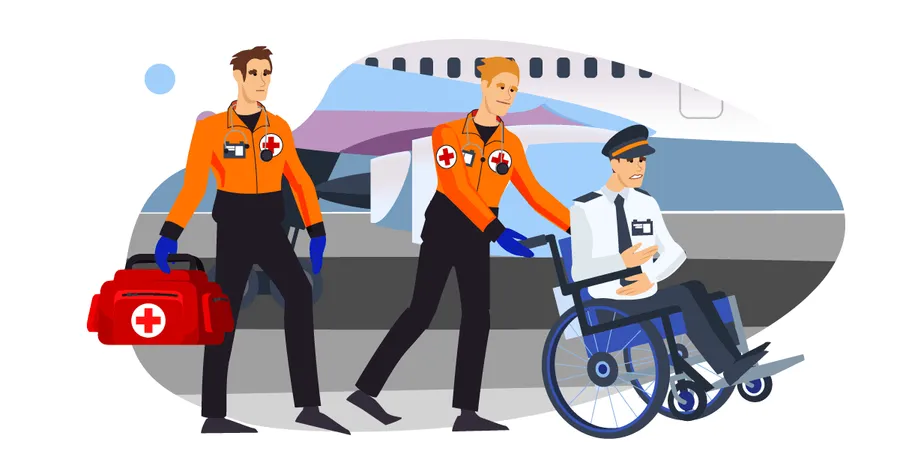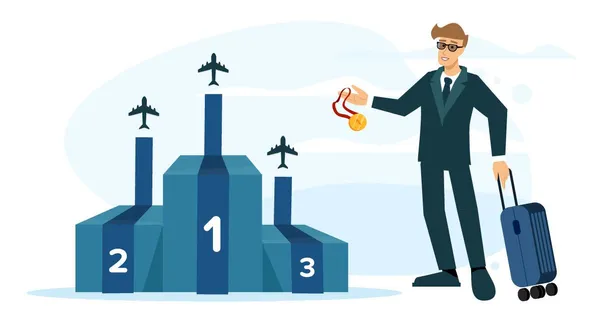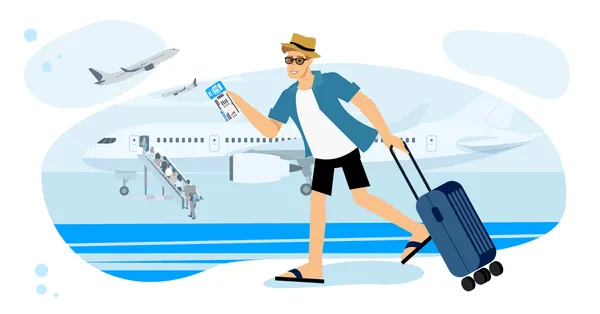
Crew member illness and flight compensation - can you get it?
There are many aspects to consider when deciding whether you will be entitled to flight compensation. In principle, if a flight delay or cancellation is the fault of the airline and not due to extraordinary circumstances, you are entitled to make a claim. However, how do you classify a fortuitous event such as illness or death of a crew member?
Crew member illness and flight disruption
Every day, airlines make every effort to operate flights as scheduled. However, as you know, sometimes random situations occur that cannot be avoided and affect the disruption of the flight. One such circumstance is, for example, the illness of a crew member that prevents him or her from making the flight. In such a situation, the air carrier must organise a replacement. As a result, however, the flight may be delayed quite considerably.
Death of a TAP Portugal pilot
A very unpleasant incident occurred prior to a Portuguese airline's flight from Stuttgart to Lisbon. The plane was scheduled to leave at 06:05, but two hours before the flight, the co-pilot of the machine was found dead in his hotel room. As a result of this situation, the shaken TAP Portugal crew declared themselves unfit for the flight, which was consequently cancelled.
A replacement crew arrived at Stuttgart airport at 3:30 PM and the plane was due to take off for Lisbon at 4:40 PM. However, a number of passengers on this flight complained to the carrier demanding compensation for the cancelled flight. TAP refused to pay compensation stating that the death of the co-pilot that occurred qualified as an extraordinary circumstance.
CJEU judgment
Following the Portuguese carrier's refusal, the Stuttgart court approached the Court of Justice of the European Union to help resolve the dispute. The Court held that the planning of crews and the scheduling of employees' time falls within the scope of any carrier's normal operations. Therefore, even in the event of the death or illness of a crew member, the airline is liable for the impossibility of the service.
According to the CJEU's reasoning, no matter how tragic the cause of the pilot's absence was, crew shortages are the responsibility of the airline. Passengers are therefore entitled to compensation in the situation.


